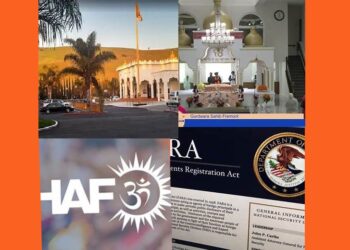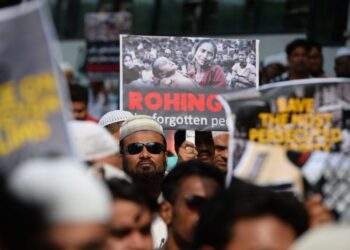The ‘donkey route‘ to Europe has gained notoriety as Indians seek to forge travel history for illicit entry into European countries. Last year, Serbia, facing a surge in illegal migrants, including Indians, altered its visa policies due to the exploitation of its visa-free regime. Here’s an insight into how the ‘donkey route’ operates and the complexities involved:
Serbia’s Visa-Free Regime Exploited
Serbia’s visa-free regime, initially catering to nationals from India, Turkey, Tunisia, Cuba, and Burundi, became a hotspot for illegal transit to EU countries, including Austria, Hungary, and Romania. This route provided easy access to Italy and France, as travelers from Serbia to EU nations didn’t require additional visas.
Unraveling the ‘Travel History’ Plot
To present a credible travel history and avoid suspicion, Indian migrants, primarily males aged 25-40, were advised by agents to embark on a circuitous journey. This involved visiting destinations like Nepal, Dubai, and Armenia before entering Serbia. By weaving through multiple countries, migrants aimed to appear as authentic tourists, deceiving immigration authorities.
Serbia’s Response and Visa Policy Change
The surge in illegal immigrants prompted Serbia to reassess its visa policies. In October 2022, the country revoked visa-free arrivals for nationals from India, Turkey, Tunisia, Cuba, and Burundi. This move aimed to curb the misuse of the visa-free regime and prevent illegal entry into European nations.
A Multifaceted Challenge
The ‘donkey route’ exemplifies the intricate web of illegal migration, with agents orchestrating journeys involving various countries to manipulate immigration processes. The exploitation of visa policies underscores the need for global collaboration to address the complexities of unauthorized travel routes.
After the release of the movie ‘Dunki‘ by Raj Kumar Hirani and Shahrukh Khan, Those who are not NRI becoming aware of a term and a problem that many Indians traveling abroad are encountering. This involves individuals who go abroad through unofficial routes, revealing a significant issue in the process of foreign travel.











